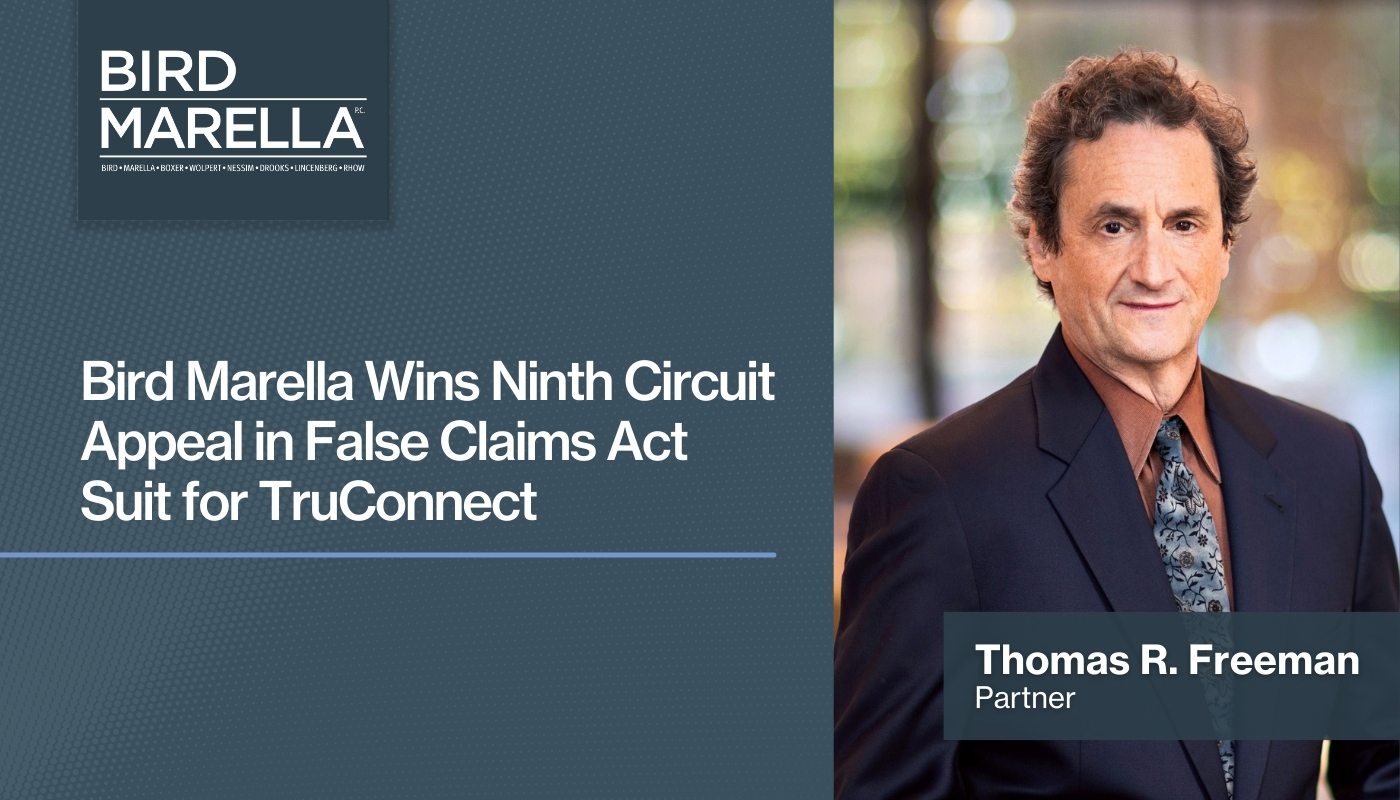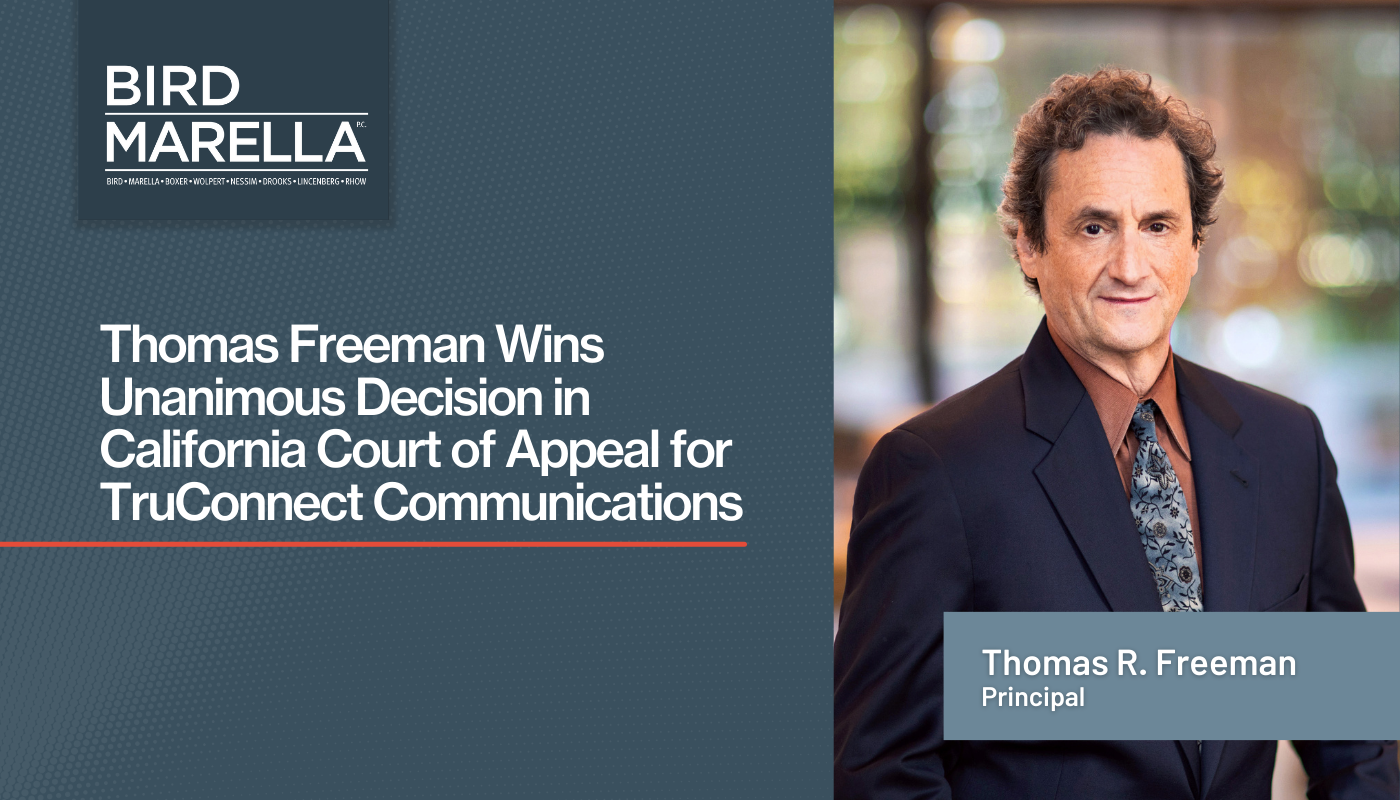NOTEWORTHY APPELLATE MATTERS
Bird Marella has acted for appellants and respondents in a wide array of cases. These include matters involving prosecutorial misconduct, gaming and gambling, celebrity conservatorship, enterprise zone tax credits, and class action trials.
In one matter, we petitioned one Ninth Circuit panel to exercise its inherent authority to withdraw its published opinion and adopt the arguments made by the firm in our client’s case before another Ninth Circuit panel.
Other notable appellate matters have resulted in: a new causation standard for wrongful arrest/prosecution cases; standards for hospital emergency room balance bill practices; and novel issues concerning the Anti-Terrorism and Effective Death Penalty Act.
UNITED STATES SUPREME COURT
Prime Healthcare Services v. Brotman Medical Center, U.S. Supreme Court Case No. 11-459: We were retained to represent Brotman after the Supreme Court filed a formal request for Brotman to file a brief in opposition to the petition for writ of certiorari. The petition was subsequently denied.
Henneford v. Castaneda, 130 S.Ct. 487 (2009): The U.S. Supreme Court, granted a petition for certiorari filed by the firm in Henneford v. Castaneda, 130 S.Ct. 49 (2009), challenging an adverse decision by the United State Court of Appeals for Ninth Circuit on the scope of immunity for federal officers and employees. Shortly after the Supreme Court granted cert, the plaintiff voluntarily dismissed all claims against the firm’s client.
Smith v. Robbins, 528 U.S. 259 (2000): We were appointed to represent an indigent criminal defendant in a habeas case and argue the case before the United States Supreme Court, addressing the Constitutional right to counsel in criminal appeals.
SUPREME COURT OF CALIFORNIA
Martinez v. Regents of the University of California, 50 Cal.4th 1277 (2010): The firm partnered with the Asian Pacific American Legal Center as amicus curiae in support of the Regents’ successful defense of a state statute exempting certain nonresidents from paying nonresident tuition. The affected students included undocumented students who had attended high school in the state for at least 3 years.
Prospect Med. Group, Inc. v. Northridge Em. Med. Group, 45 Cal.4th 497 (2009): We successfully represented a hospital corporation successfully before the CA Supreme Court in a case of great significance to the health care field. The court held that emergency-care providers cannot “balance bill” HMO enrollees for the difference between the amount billed by the provider and the amount paid by the HMO.
Ferguson v. Lieff, Cabraser, Heimann & Bernstein, 30 Cal. 4th 1037 (2003): The firm acted on behalf of the Los Angeles County Bar Association, Orange County Bar Association and Beverly Hills Bar Association as amicus curiae. The CA Supreme Court held that, as argued by the firm, a legal malpractice plaintiff cannot seek damages comprised of punitive damages that it would have recovered but for the alleged malpractice.
Linder v. Thrifty Oil Co., 23 Cal. 4th 429 (2000): The firm represented in a class action an energy company defendant before the California Supreme Court. The court addressed the scope of the trial court’s authority to consider the merits of the plaintiff’s claims when denying class certification.
So. Cal. Regional Transportation District v. Bolen, 1 Cal.4th 654 (1992): We represented a regional transportation authority, before the CA Supreme Court, and successfully defended against a Constitutional challenge to the referendum establishing a benefit assessment district to fund a portion of the Metro Line.
Rojo v. Kliger, 52 Cal. 3d 65 (1990): We represented the NAACP Legal Defense Fund as amicus curiae in a landmark sexual harassment case where the firm’s argument on the exhaustion of administrative remedies was adopted by the court.
U.S. COURT OF APPEALS FOR THE NINTH CIRCUIT
Beck v. City of Upland, 527 F. 3d 853 (9th Cir. 2008): The firm prevailed in reversing summary judgment in a federal civil rights action handled by another firm before the district court. The client, a government contractor, brought a civil rights claim for damages after having been falsely arrested for allegedly making a threat to municipal officials. While the district court ruled based on long-established Ninth Circuit precedent that the contractor could not establish that any damages were proximately caused by the improper arrest, the Ninth Circuit’s 36-page opinion adopted the firm’s contention that this precedent could not stand in light of a recent U.S. Supreme Court decision. The Ninth Circuit adopted a new causation standard for wrongful arrest / prosecution cases whenever First or Fourth Amendment rights are implicated.
City of Thousand Oaks v. Verizon/Adelphia, 2003 Westlaw 21421721 (9th Cir. 2003): Our attorneys successfully represented a leading cable television and Internet access provider. The Ninth Circuit reversed the district court’s entry of a preliminary injunction that had thwarted a multimillion dollar acquisition of a cable television company’s operating assets by a competitor.
United States v. Kojayan, 8 F.3d 1315 (9th Cir. 1993): We successfully represented a defendant appealing his conviction. The Ninth Circuit accepted the firm’s contention that the federal government had engaged in prosecutorial misconduct at trial. The case was dismissed in its entirety following remand to the trial court.
Patterson v. Eagleburger, 1995 Westlaw 492905 (9th Cir. 1995): Our firm was appointed by the Ninth Circuit to represent the plaintiff, a blind applicant, for a foreign service position with the State Department whose civil rights claim had been dismissed by the district court for failure to exhaust administrative remedies. A week before oral argument, the Ninth Circuit panel in another case published a decision adverse to the firm’s client in a pro per case, Greenlaw v. Garrett, 43 F.3d 465 (9th Cir. 1995), which would have required the Patterson panel to affirm the district court’s ruling. The firm responded by petitioning the Greenlaw panel to exercise its inherent authority to withdraw its published opinion and adopt the arguments made by the firm in Patterson. Despite the U.S. Attorney’s vehement objection that the panel could not consider the request, the Greenlaw panel promptly withdrew its opinion and subsequently published a new opinion, Greenlaw v. Garrett, 59 F.3d 994 (1995), adopting the firm’s arguments in full. As a result, the panel in Patterson reversed the district court’s decision dismissing the complaint.
CALIFORNIA COURTS OF APPEAL
Conservatorship & Estate of Britney Jean Spears, 2011 Westlaw 311102 (Cal. App. 2011): We successfully represented the conservators in an appeal which upheld the probate court’s order restraining a lawyer from acting on behalf of the conservatee, pop star Britney Spears.
Culver v. Prospect 2011 Westlaw 5120838 (Cal. App. 10/24/11): We filed an appeal on behalf of a corporate client challenging the trial court’s entry of a preliminary injunction precluding the corporation from making a stock offering, which was essential to the restructuring of corporate debt. The appellate court reversed, holding that the plaintiff minority shareholder lacked standing to sue because its claims were derivative in nature.
Rappaport v. Gelfand, 197 Cal.App.4th 1213 (2011): We successfully represented a dissociating partner of a law firm where the court of appeal ruled, on a question of first impression, that the term “liquidation value” under the Uniform Partnership Act means the market value of partnership assets as determined by a hypothetical willing and knowledgeable buyer and seller, neither of which is under a compulsion to buy or sell.
City of Hermosa Beach v. Superior Court, 2010 Westlaw 459609 (Cal. App. 2010): We filed a petition for writ of mandate on behalf of our client, the City of Hermosa Beach, attacking the trial court’s entry of summary adjudication in favor of the plaintiff oil company. The appellate court ruled in favor of the City, concluding that there was a triable issue of fact on the element of proximate cause.
La v. Nokia Inc., 2010 Westlaw 4245533 (Cal. App. 2010): We defended Nokia against a putative class action based on the allegation that a model of its cellular phone was defective. The court held that the plaintiff lacked standing to purse the claim under California’s Unfair Competition Law.
Pollard v. Ericsson / Clausen v. Nokia, 125 Cal. App. 4th 214 (2004): We represented the wireless communications maker in another consumer class action before the CA Court of Appeal, in 2004, where the appellate court affirmed the dismissal of rebate-related claims under Consumer Legal Remedies Act.
Thrifty Oil Co. v. Superior Court, 91 Cal. App. 4th 1070 (2001): We represented an energy company in a writ of mandate proceeding. The CA Court of Appeal compelled the trial court to grant Thrifty’s summary adjudication motion attacking plaintiff’s class action claim concerning credit-card surcharges.
Canon U.S.A. v. Superior Court, 68 Cal. App. 4th 1 (1998): In our defense of the manufacturer in a consumer class action, the appellate court granted our client’s petition for writ of mandate. The writ compelled the trial court to consider a pre-discovery motion to strike the plaintiffs’ allegations of a nationwide class, rather than deferring consideration of the issue until after the completion of costly nationwide class discovery.
Vu v. California Commerce Club, Inc., 58 Cal. App. 4th 229 (1997): We represented a defendant gaming establishment in an appellate victory which ruled that the plaintiff could not recover on his “cheating” claims because any losses were necessarily speculative due to the unpredictable elements of luck and skill inherent in the game of poker.
Podolsky v. First Healthcare Corp., 50 Cal. App. 4th 632 (1996): The firm partnered with Bet Tzedek Legal Services in representing family members of elderly individuals admitted into nursing homes. The precedent-setting representative action invalidated as deceptive the defendant nursing home’s practice of seeking voluntary third-party guarantees for private-pay patients upon admission into nursing homes that receive any Medicare or Medicaid funds, the receipt of which precludes such facilities from requiring third-party guarantees as a condition for admission of private pay patients.
Rifkind v. Superior Court, 22 Cal. App. 4th 1255 (1994): We argued successfully to establish a precedent of widespread importance in civil discovery that contention deposition questions are improper.



